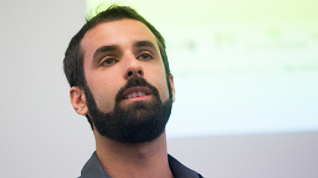Data
60 mins
A Gentle Introduction to Scraping Data
- Abstract:
- What happens when the database you need to help your advocacy or social development project is a jumbled mess? No download button, no CSV file, no structured dataset. You see the information you want locked in PDF reports, in social networks (like Twitter and Instagram), or even in webpages, but you can't really do anything with it. No more! We will show you how to quickly and easily extract information from these non-structured sources into useful datasets. You will get data you thought were never accessible before, giving your projects a new level of refinement and relevance.
- About this course:
- This course is designed for human rights activists and journalists who would like to use data to support their advocacy work or to tell stories. You will learn the fundamental concepts of scraping and discover how to use free and easy-to-use tools to scrape data from web pages (using Google Sheets and a web browser extension called Web Scraper), social networks like Twitter and Instagram (using a web service called IFTTT) and PDF files (using both a web service called Abby Fine Reader and Tabula, a free application you can download to your computer made by journalists).
- What do I learn:
- By the end of the course you will have a basic understanding of what scraping is and be able to perform basic scraping routines in web pages, social networks and PDF files. You will be able to get data from places not traditionally available to people without programming skills and this will broaden the spectrum of your data collection efforts, giving more juice to your advocacy, journalistic or social development projects.
- What do I need to know:
- This course is suitable for anyone who completed School of Data's Data Analysis & Data Gathering courses. It requires you to have some familiarity with basic data concepts, such as types of data and how a dataset is organised. You will need an internet connection, a computer and you will be asked to create accounts in a few web services, such as Google Spreadsheets, Twitter, Instagram and IFTTT. You don't need any coding, special technical skills or advanced knowledge of how to work on spreadsheets.
Trainers
- 1.1 Introduction to the course1.2 What is scraping?1.3 My first scraper: Me!1.4 Quiz
- 2.1 Introduction2.2 Using ABBY FineReader Online to extract data from PDFs2.3 Using Tabula to extract tabular data from PDFs2.4 My second scraper: unlocking PDF files!2.5 Quiz
- 3.1 Introduction3.2 Scraping Twitter data using IFTTT3.3 My third scraper: Twitter & Instagram
- 4.1 Introduction4.2 A brief introduction to HTML4.3 Using the webinspector4.4 Quiz
- 5.1 Introduction5.2 Using Google Sheets formulas to scrape data5.3 Scraping data from webpages using Google Sheets5.4 Scraping wikipedia
- 6.1 Introduction6.2 Scraping data from webpages using Web Scraper6.3 Web scraping
- 7.1 Wrap up video
Related courses

90 mins
 School of Data
School of Data
90 mins
 School of Data
School of Data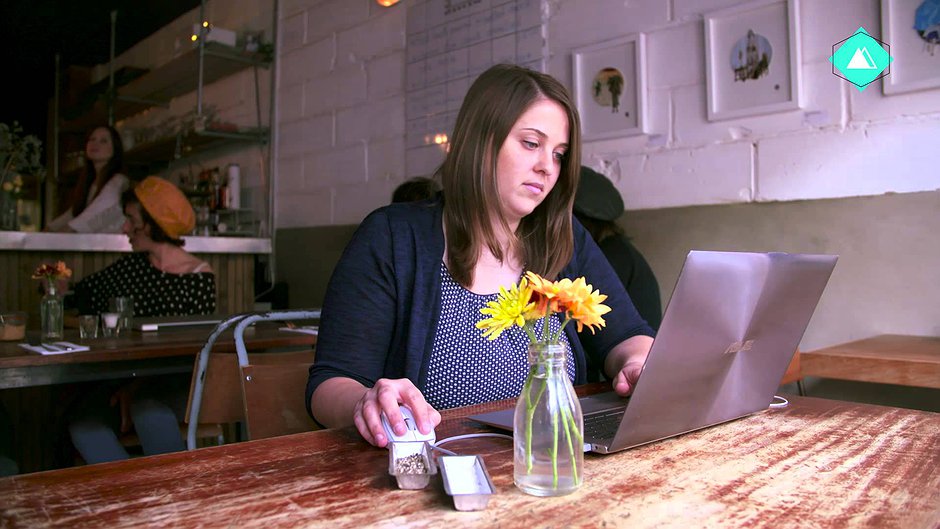
60 mins
 School of Data
School of Data
60 mins
 School of Data
School of Data
Suggested reading
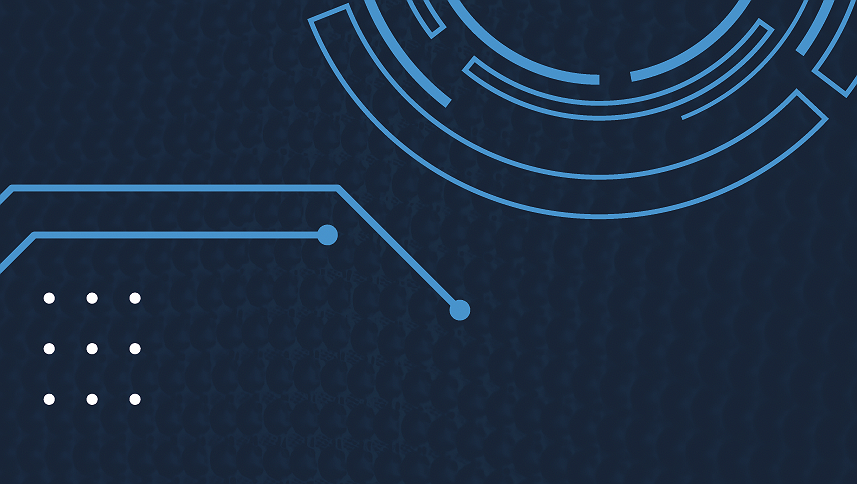
Blog
Building Capacity for Monitoring & Documenting Human Rights Violations
The purpose of this assessment is to evaluate the efficacy of strategies used by HRPs/HRMOs for communicating during blackouts. The goal of this project envisages to see a ZimbabweanCivilSociety that is prepared to document and monitor human rights violations without hiccups during internet shutdowns.
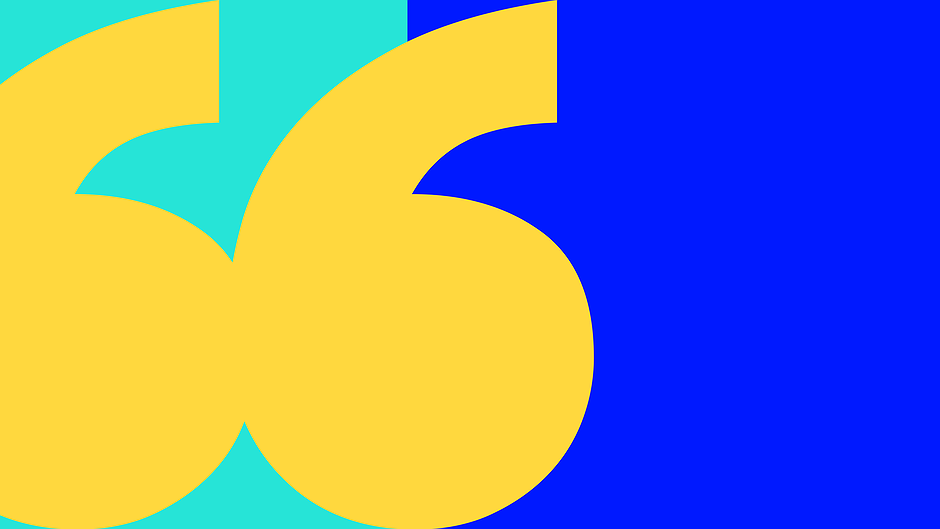
Blog
Advocacy Assembly Internet Shutdown Academy: Creative Strategies to Fight Back
Internet shutdowns are occurring increasingly globally, posing significant threats to freedom of expression, access to information & economic growth. These shutdowns manifest in various forms through different technical measures & are implemented by governments in various circumstances. Responding to this threat of internet shutdowns, Advocacy Assembly designed the Internet Shutdown Academy, a set of 10 full online courses in 7 languages!

Blog
Evaluating the Efficacy of State-Imposed Telecom Shutdowns in Northwest Nigeria
This article casts doubt on the shutdowns' effectiveness in curbing banditry, exposing alternative explanations for any temporary decrease in attacks. It questions the legitimacy of justifying these shutdowns as effective counter-terrorism measures, advocating for alternative approaches that prioritize community engagement, human rights, and development initiatives to address the root causes of insecurity and foster lasting peace in Northwestern Nigeria and Nigeria at large.

Blog
Impact of the Twitter Ban in Nigeria
This post is a research study on the impact of the Twitter ban in Nigeria on Human Rights Monitoring, Advocacy and Creativity. Read more.
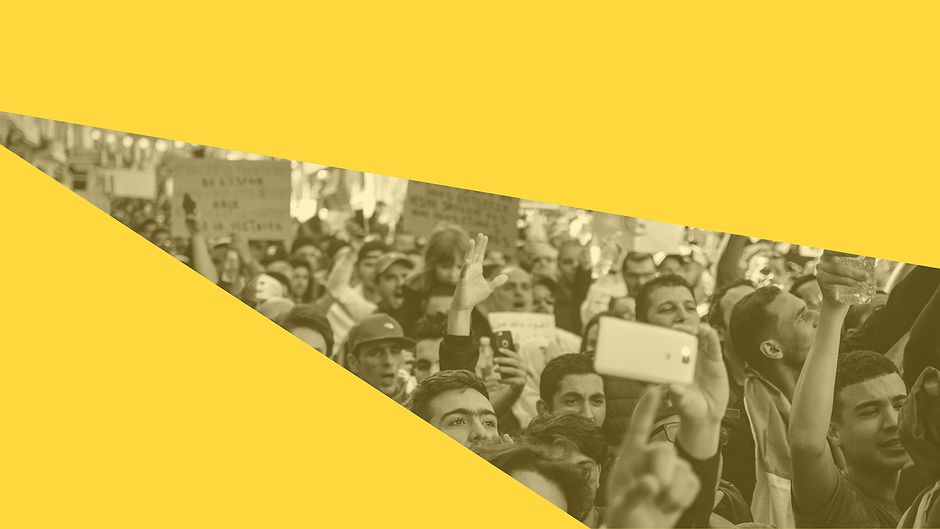
Blog
Four Free Toolkits to Fight Internet Shutdowns
Let’s tell you a little bit more about each toolkit!
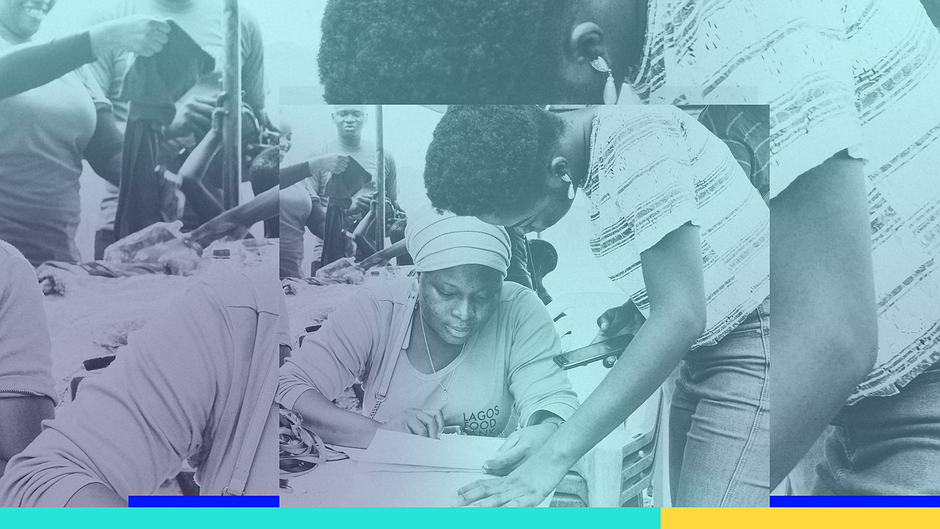
Blog
The Impact of Internet Disruptions on Farmers in Nigeria
In Nigeria’s Northwestern Sokoto State, farm workers grapple with geopolitical challenges, shifting climate realities, and economic turbulence. However, they now face a new, growing threat: a troubling rise in internet disruptions, which threatens their ability to work in an increasingly digitally connected world. Read more.
